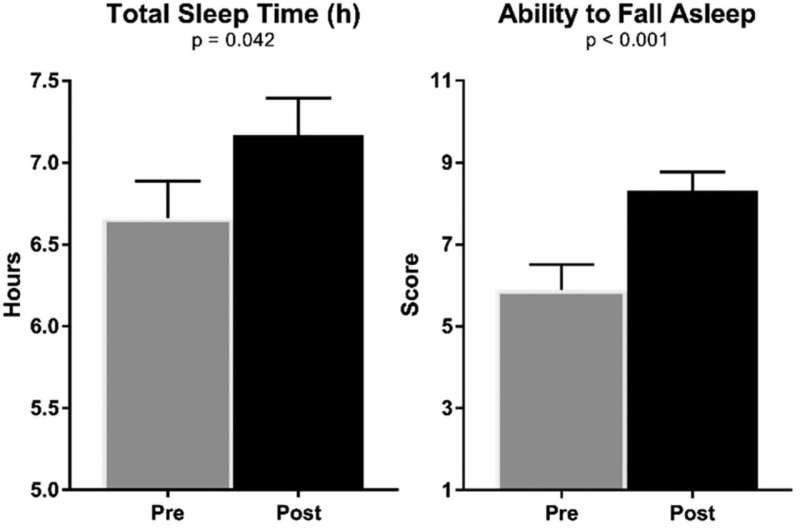This article has been reviewed according to Science X's editorial process and policies. Editors have highlighted the following attributes while ensuring the content's credibility:
fact-checked
trusted source
proofread
World-first personalized app helps shift workers get more and better sleep

Monash University researchers have developed a world-first personalized app to improve the sleep and mood of vital shift workers.
During the pandemic shift workers kept the nation functioning. Our health care shift workers helped many of us survive its deadly effects. We know from research and our own experience the critical role sleep plays in maintaining good mental and physical health.
Now, Turner Institute for Brain and Mental Health researchers have developed SleepSync, the world's first app that personalizes sleep-wake cycles for shift workers to improve their sleep and overall mood.
The research, led by Dr. Jade Murray, is published in the journal Digital Health.
It saw 27 shift workers trial the app over a two-week period; mainly intensive care and emergency department nurses at high risk of shift work disorder, commonly experienced as insomnia and excessive sleepiness.
SleepSync improved total sleep time, ability to fall asleep, sleep quality and perception of recovery on days off. With the app considering each individual's daily routine, 70% reported it was easier to fall asleep, and more than 80% reported better quality sleep. Participants slept an average 29 minutes longer each night.
"SleepSync aims to aid behavioral change and provide practical advice to shift workers by providing personalized sleep scheduling recommendations and education," Dr. Murray said.
"This has the potential to improve shift workers' health and well-being and how they function day to day. It also has the potential for development and integration with wearable devices, such as smartwatches, and further help minimize the health costs associated with shift work to society."
SleepSync, a mobile phone app, is unique because it is entirely tailored to the individual user by:
- incorporating a calendar for work and personal commitments
- providing biologically viable recommendations for sleep timing that account for work and social obligations based on the information users enter into the calendar, such as work shifts and important personal activities
- daily logging of actual sleep/wake times and mood
Users receive a "recovery score" based on their level of adherence with the recommended sleep times.
Dr. Murray said work hours outside the 9 to 5 regime play havoc with the body's circadian clock. "Shift workers report an increased functional impact of sleep disturbance and misalignment, including impaired alertness and increased sleepiness during wakefulness compared to the general population," she said.
"Shift workers are also at greater risk of a range of long-term adverse health consequences such as gastrointestinal problems, cardiovascular disease, mood disorders and cancer, as well as the short term increase in the risk of errors, accidents and injuries."
To date, helping a shift worker to sleep well has largely relied on workplace interventions such as adjusting workplace lighting, scheduled workplace napping, sleep hygiene programs, wellness programs and workplace fatigue management programs.
Co-author Dr. Tracey Sletten, of the Turner Institute, said individual workers needed evidence-backed ways to optimize their sleep around their work schedule. "Each person has different underlying biology and specific work patterns, which need to be accommodated in a personalized schedule to help them sleep better," Dr. Sletten said.
Dr. Sletten said 67% of participants reported how influential SleepSync was for modifying their behavior and habits, while 82% found the app easy to incorporate into their daily lives. "They also reported improvements in mood (depression, anxiety and stress), insomnia symptom severity, sleep hygiene and sleep-related daytime impairments," she said.
More information: Jade M. Murray et al, Mobile app for personalized sleep–wake management for shift workers: A user testing trial, Digital Health (2023). DOI: 10.1177/20552076231165972




















